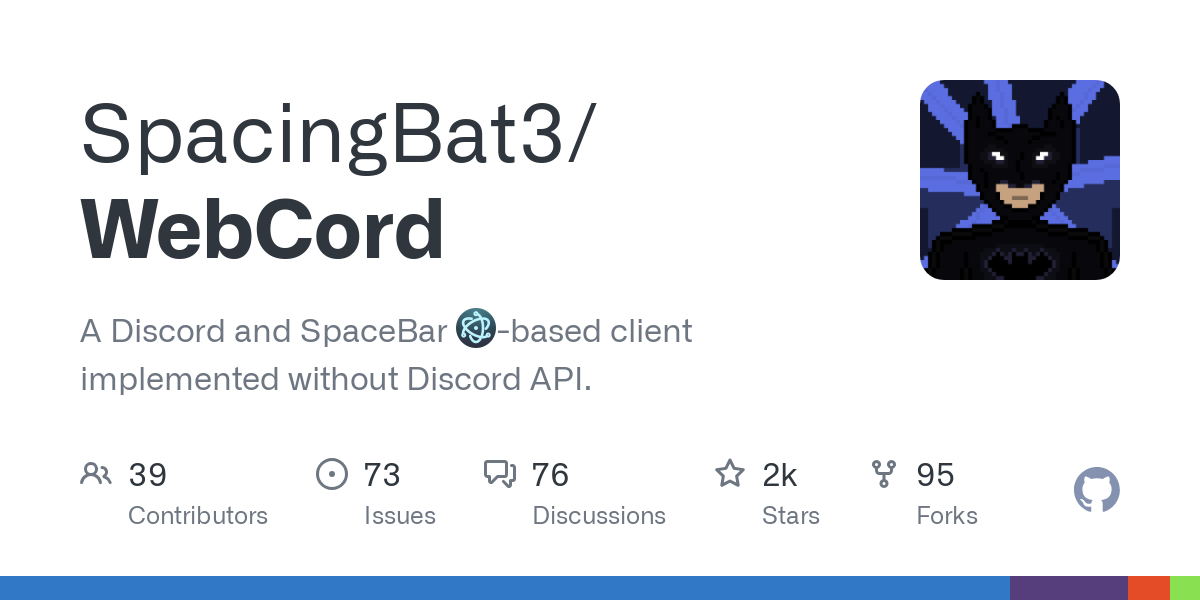I agree but also I saw the words “vote” and “nix” and nearly had an aneurism.
Julian
Game dev and Linux user
- 1 Post
- 15 Comments
I personally got a surface go 3. Put fedora on it and the surface kernel and it works pretty good - GNOME’s interface honestly works better for touchscreens then windows. Just be aware that some config might be needed - I had an issue with the keyboard that required making a udev rule (I documented it on the surface kernel github issues page).

 37·1 month ago
37·1 month agoThis isn’t even an issue though, its just to fix bugs with certain websites that block Firefox for no reason or have other weird compatibility issues. Which I would think is a good thing?

 591·1 month ago
591·1 month agoThere are so many legitimate things to complain about with Mozilla, why do people go out of their way to complain about the most innocuous shit.

 16·1 month ago
16·1 month agoThere’s experimental support, they’re hoping it’ll be feature complete by 2026.

 4·2 months ago
4·2 months agoThe Mint upgrade tool got flatpak support so I don’t even use the terminal to update anymore.
You posted something that’s bad practice (for many reasons, including security). Like, nobody cared about your software habits until you posted them publically with no prompting. probably so you could act smug after getting downvoted.
Some build advice:
- Be safe - don’t wear socks, stand on a hard floor if possible, ground yourself if you have a wrist strap for that, and discharge any static by touching metal and/or the case before touching any components. And no matter what, DO NOT open the power supply, and definitely don’t touch anything in it!
- The huge motherboard connector probably requires more force than comfortable.
- Watch through at least one build guide before starting. That way you know the process.
Hope that helps, and don’t let it scare you away - it’s really fun to do and if you’re careful, chances are nothing major will go wrong.
It depends on how you install stuff. Games on Steam or downloaded from online from places like itch.io can be put on any drive without issue.
In terms of software though, native packages (deb, rpm) are gonna want to put files in various system folders, so it’s pretty much impossible to get those off your os drive.
Other packaging solutions can help with this though. Appimages can be put anywhere, nix let’s you install to another drive, same with flatpak.
And if you’re savvy, you could use docker to install system packages on other drives, although I wouldn’t recommend it.

 15·3 months ago
15·3 months agoSo I use a surface device with the Linux surface kernel, and there was (and probably still is) an issue where the type cover doesn’t properly rebind after being detached and re-attatched. To make matters worse, connecting other USB devices disconnected the type cover. My solution was to make a udev rule that detected if the keyboard is “removed” and then try to rebind it, effectively unplugging it and plugging it back in again in software.

 19·3 months ago
19·3 months agoI… What? Why does that work? How did you figure this out?
I had been considering switching for years, I even made a list of things I had to find alternatives to and tried to widdle it down. With proton making gaming viable, I decided to dual boot, and accidentally destroyed my entire windows partition when trying to back it up with dd. Just said fuck it and went full Linux.

 2·10 months ago
2·10 months agoThe idea of free software is extremely socialist/communist. People working together to create something that anyone can use for free, with profit being a non-existent or at least minor motivator.

 0·1 year ago
0·1 year agoYour car keys have better range if you press them to your head, since your skull will act as an antenna. It sounds like some made up pseudoscience that would never work in practice or have a negligible effect, but it actually works.
Edit: idk if it’s actually because your skull acts as an antenna, although that’s what I’ve heard. I looked it up and it seems like it’s your head acting as a reasonance chamber. Since your body is conductive, your head can bounce and amplify the radio signal.

I had issues with debian-based distros as well, that’s why I switched to fedora. I also think the go 3 has better support in general. The cameras are still annoying but things have gotten better, with Firefox getting libcamera support.